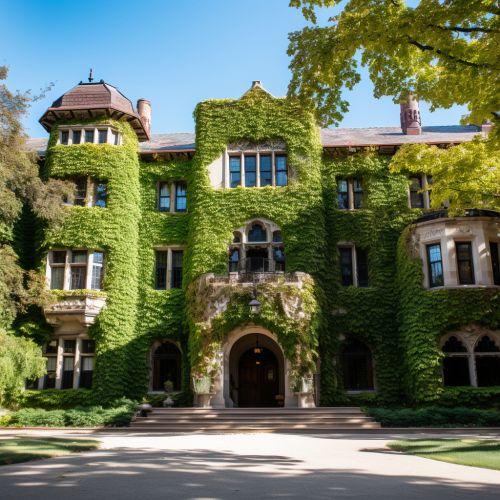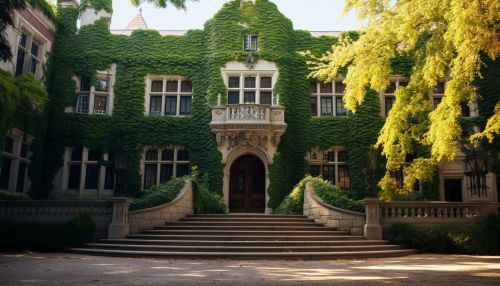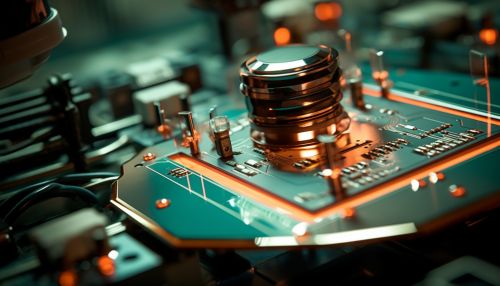John Bardeen
Early Life and Education
John Bardeen was born on May 23, 1908, in Madison, Wisconsin. His father, Charles Russell Bardeen, was a professor of anatomy at the University of Wisconsin–Madison, while his mother, Althea Harmer Bardeen, was an artist and interior designer. From an early age, Bardeen showed a keen interest in mathematics and science, which was nurtured by his parents.
Bardeen attended the University of Wisconsin–Madison, where he earned his Bachelor's degree in electrical engineering in 1928. He then went on to complete his Master's degree in the same field at the University of Minnesota in 1929. In 1936, Bardeen received his Ph.D. in mathematical physics from Princeton University, under the guidance of physicist Eugene Wigner.


Career and Achievements
After completing his Ph.D., Bardeen worked as a Junior Fellow at Harvard University from 1935 to 1938. He then joined the Bell Labs, where he worked on the development of solid-state physics. It was here that Bardeen, along with Walter Brattain and William Shockley, invented the transistor in 1947, revolutionizing the field of electronics. For this groundbreaking invention, the trio was awarded the Nobel Prize in Physics in 1956.
In 1951, Bardeen left Bell Labs and joined the faculty of the University of Illinois at Urbana-Champaign, where he served as a professor of electrical engineering and physics. At the University of Illinois, Bardeen conducted research on superconductivity, leading to the development of the BCS theory (named after Bardeen, Leon Cooper, and John Robert Schrieffer). This theory explains how electrical resistance in certain materials disappears at very low temperatures. For their work on the BCS theory, Bardeen, Cooper, and Schrieffer were awarded the Nobel Prize in Physics in 1972, making Bardeen the only person to have won the Nobel Prize in Physics twice.
Personal Life and Legacy
Bardeen married Jane Maxwell in 1938, and they had three children together. He was known for his modesty and low-profile lifestyle, despite his significant contributions to science and technology.
Bardeen passed away on January 30, 1991, in Boston, Massachusetts. His contributions to the field of physics and electrical engineering continue to have a profound impact on modern technology. The transistor, in particular, has been fundamental in the development of nearly all modern electronics, including computers, televisions, and mobile phones.
In honor of his contributions, several institutions have been named after Bardeen, including the Bardeen Quad at the University of Illinois and the Bardeen Engineering Leadership Program at the University of Wisconsin. His work continues to inspire scientists and engineers around the world.


